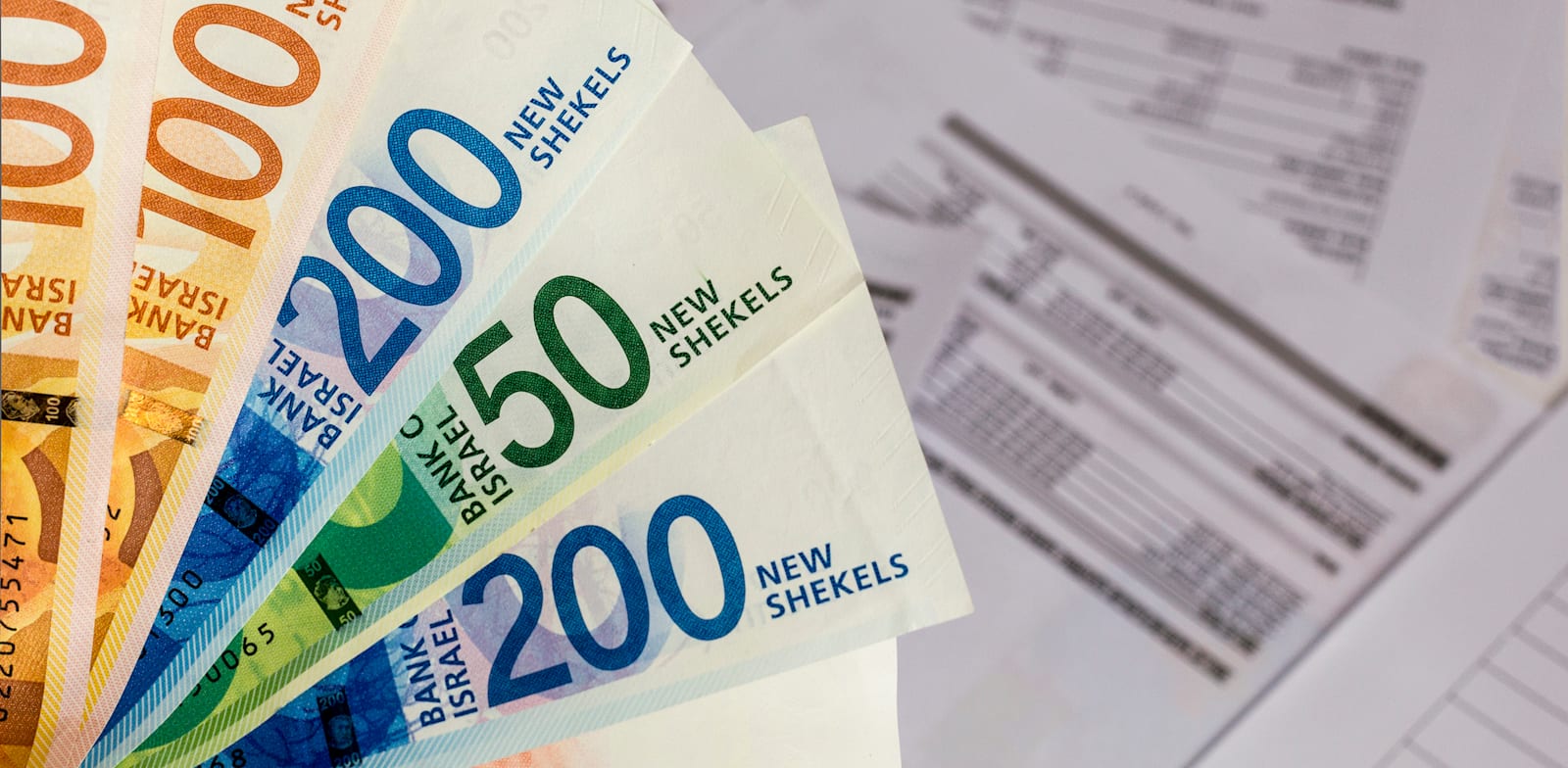The conference showcased various robots, including one that serves wine. However, what stood out to me the most was the diverse representation of AI professionals from across the globe. Speakers from China, the Middle East, and Africa, like Pelonomi Moiloa, the CEO of Lelapa AI, highlighted the efforts to make AI conversations more inclusive and global.
Despite the conference’s focus on using AI for “good,” there were concerns raised about the technology’s impact. Talks by climate activist Sage Lenier and Tristan Harris from the Center for Humane Technology emphasized the need for AI to not exacerbate environmental destruction and address societal issues like gender biases in tech.
While discussions revolved around the potential benefits of AI, there was a call for increased transparency, accountability, and sustainability in its development and deployment to align with climate goals and reduce inequalities. OpenAI’s CEO Sam Altman, a key speaker, highlighted the benefits of AI but left questions unanswered about the company’s safety measures.
Altman’s talk raised concerns following revelations by researcher Helen Toner about inaccurate information regarding safety processes at OpenAI. Despite optimistic views on the productivity impact of generative AI, there are ongoing debates about the technology’s potential drawbacks.
Deeper Learning
Why Google’s AI Overviews gets things wrong






















